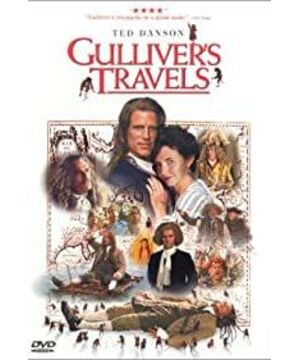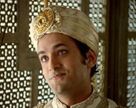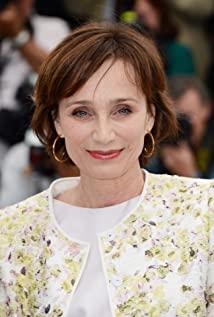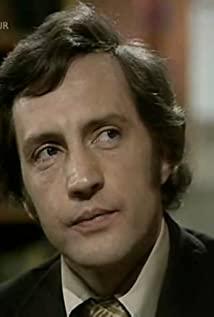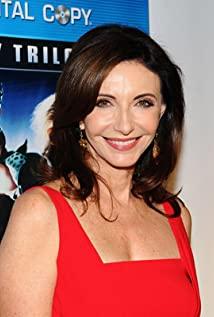Very magical imagination. I haven't read the original book, but I can feel a lot of irony in the movie. 1. In the end, people watching the sheep look like the giants watching the protagonist. earlier), the leadership of nature. Now, all this is cycle 3. The historian's experience, I don't understand, why the blood of the protagonist can wake up the ancient people, this is to reflect that when people are addicted to research, they take no measures to people or other animals. A just way to access research results? 4. The protagonist just wants to go home in all his experiences, but sometimes it is difficult to resist various temptations: the admiration of the villain, the concern of the giant, the immortality of self-deception, the care of the historian, the ignorance of the savage and the infinite. Desires, where people stay everywhere. 5. Finally, are human beings really so hateful? From what life experience does the author want to be so ironic? 6. Supplement, what is the image of the protagonist's wife mapped? I suddenly think of Edgar Allan Poe's Goodman? Goodman was tempted to make a deal with the devil in a forest expedition. His wife was a symbol of truth, goodness, beauty and faith. In the end, although Goodman returned home, he died in depression. After comparison, Goodman and the protagonist have many similar experiences, but in the ending of this version of the film, he finally returns to his dream home, which seems to be a happy reunion. In fact, will he lament the unbearableness and grief of human beings in countless nights?
View more about Gulliver's Travels reviews


